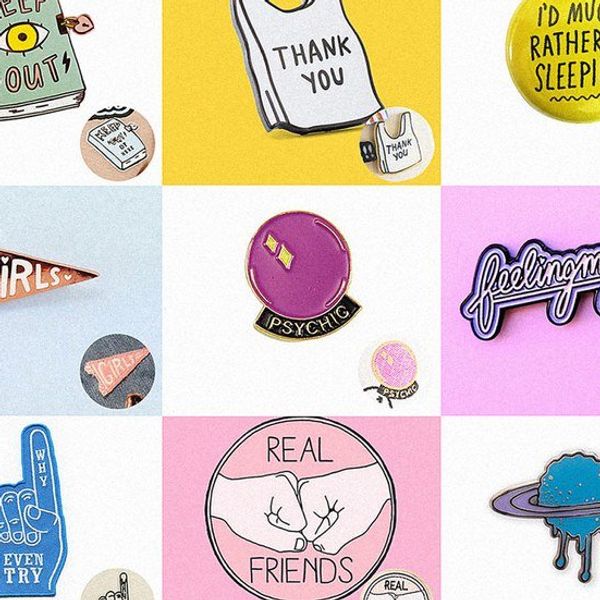Branded names are easily identifiable in all realms from food to fashion to tools. This effortless association formed between certain companies and particular mainstream products is not baseless as trust is built and established through repeated reliability and satisfaction.
However, as such branded companies grow in popularity, they seem to grow in price as well. Take Nike for example: Nike creates aesthetically beautiful clothing and sport equipment often releasing and incorporating new technological advances acquired from their elite and exclusive access. In this regard, Nike is undoubtedly a premier contender in athletic wear and equipment.
While Nike can provide various advantages that other competing companies cannot, this only extends to a very limited range of their products. For example, they create many clothing products marked at a much higher price than average solely because they can attach the "Nike" name to them.
Smaller, less established running companies may produce light-weight running shirts that are a quarter of the price and equivalent in quality. These are the products in which it's not only okay, but encouraged to turn to the lesser known companies.
Additionally, purchasing off-brand goods aids the entrepreneurial process. Without support, start-ups would never gain momentum and would inevitably fall to the larger, previously established names. Without new concepts and new companies, variety, originality and novelty would all diminish and advancements in all industries would be limited.
Therefore, while it's tempting and often safe to stick with the names and products you know, trying a new startup may save you money, widen your options, and support worthy and overshadowed businesses.
So the next time you're looking for a new tool, a new shirt, a new activity- try a name you don't know, a brand that doesn't dominate publicity. Especially with return options if worst comes to worst, what do you have to lose?





















